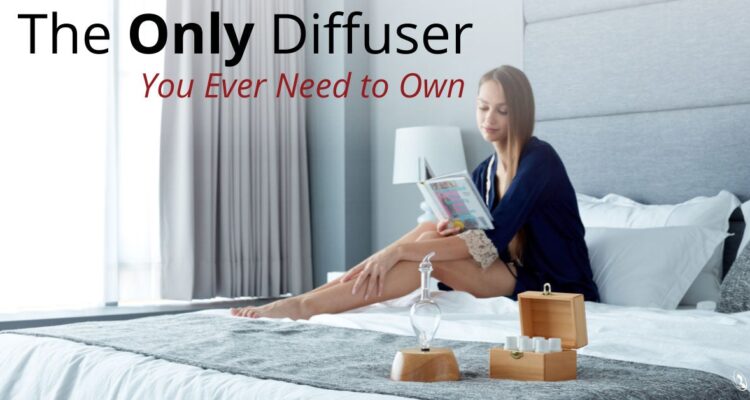Anxiety is one of the most common mental disorders in the United States, affecting more than 18% of adults each year. Anxiety can be characterized by a sense of unease, worry, or fear. For some people, anxiety may be linked to an underlying health condition.
While there are many different types of anxiety disorders, they all share one common symptom: excessive, irrational fear or dread.
If you suffer from anxiety, you may feel on edge all the time, have difficulty sleeping or concentrating, and may even avoid certain situations altogether out of fear. But there is hope! There are many effective lifestyle hacks for anxiety, and you can start feeling better today.
Here are tips to help you defeat anxiety naturally:
Use aromatherapy
Aromatherapy can treat anxiety naturally by calming the senses and promoting relaxation. Research has shown that certain essential oils, such as lavender, chamomile, and ylang-ylang, can effectively reduce anxiety symptoms.
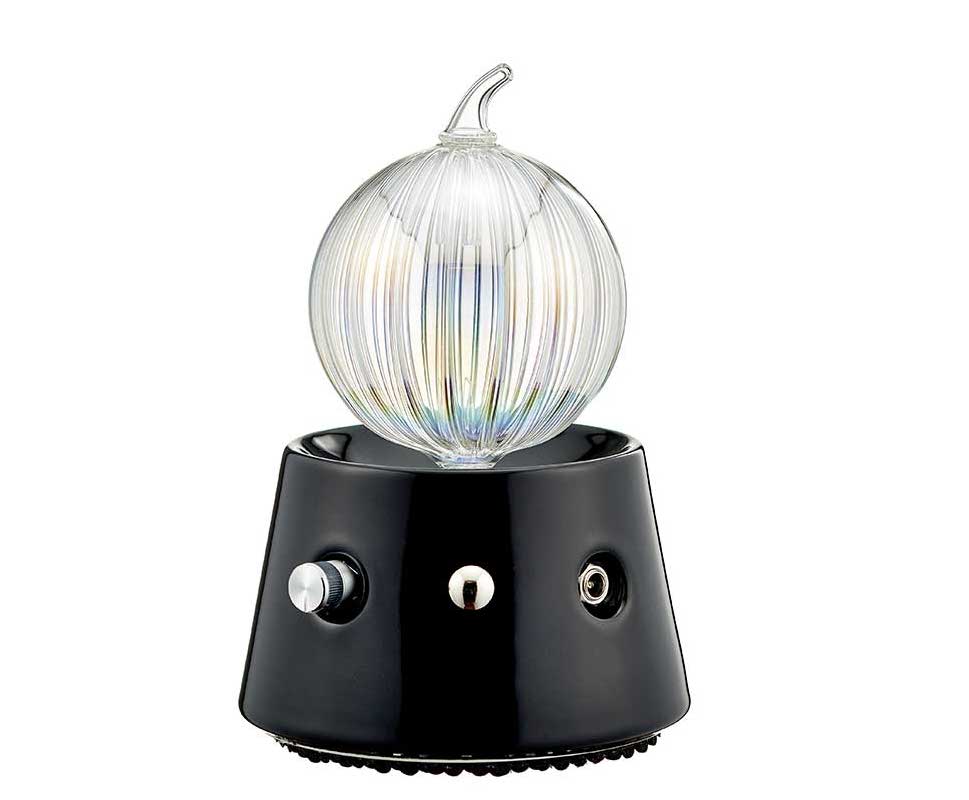
Aurora Black Diffuser.
You can use aromatherapy in several ways, including diffusing essential oils in your home, adding them to your bathtub, or even applying them topically to your skin. The Organic Aromas Nebulizing Diffuser is the most effective way to use essential oils for anxiety relief. The tool allows you to enjoy 100% therapeutic benefits because it does not alter oil quality. There is no heat or water used. It is a unique piece of art that comes in many design variations to add awesome decor to your space.
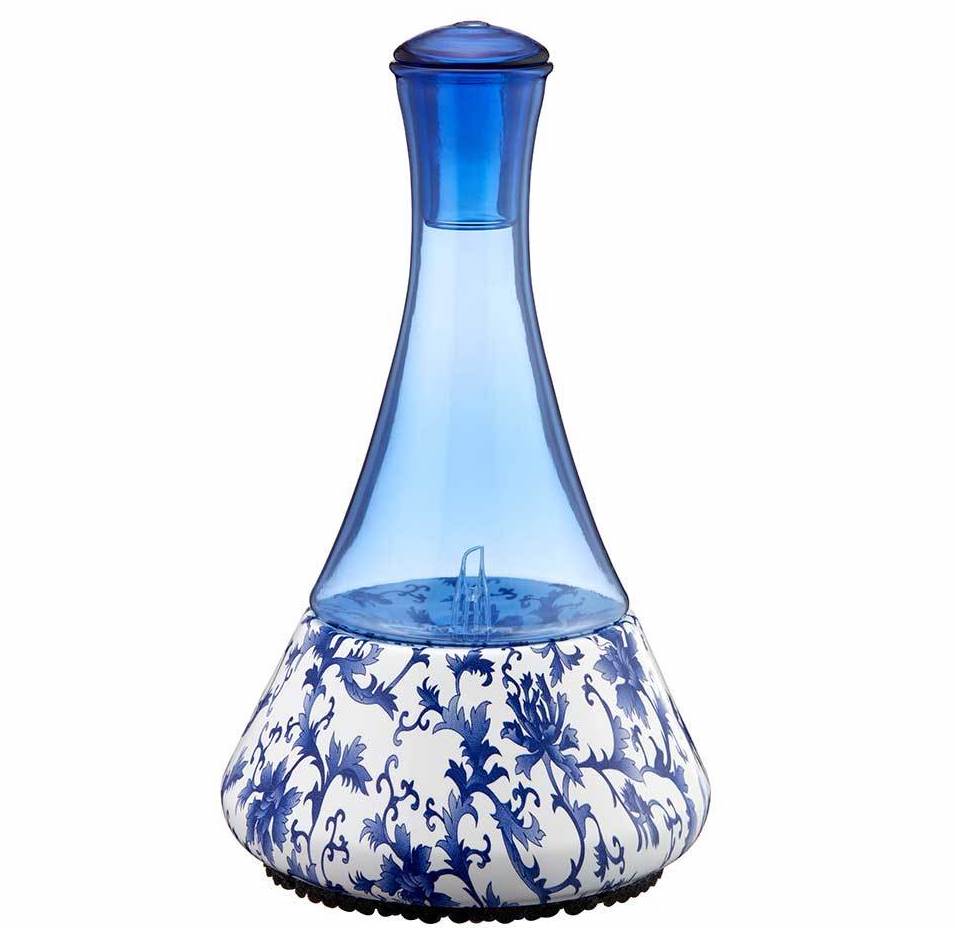
Opulence Blue Vine Diffuser.
Get regular exercise
Exercise is not only good for your physical health, but it can also improve your mental well-being. Exercise releases endorphins, which have mood-boosting effects.
In addition, exercise can help to reduce stress and anxiety by improving sleep quality and reducing cortisol levels. Aim for at least 30 minutes of moderate intensity exercise each day.
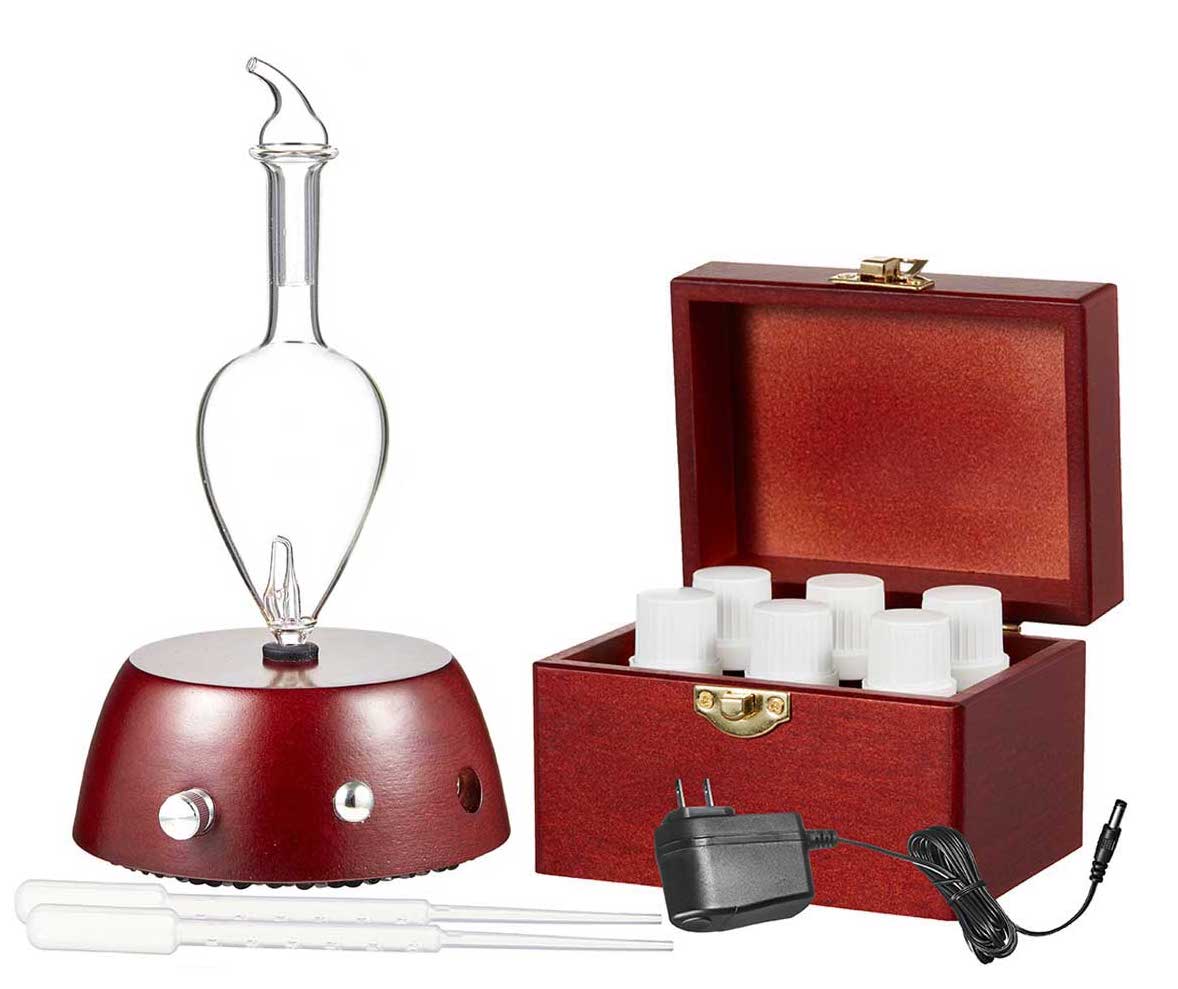
Explorer Aromatherapy Diffuser.
Try yoga or meditation
Yoga and meditation are two of the most popular and effective stress-reducing techniques. Both practices involve breathing deeply and focusing on the present moment, which can help to calm and clear your mind.
There are many different types of yoga and meditation, so you can find a practice that suits your needs and preferences.
Spend time in nature
Spending time in nature has been shown to reduce stress and anxiety levels. One study found that just 20 minutes of walking in a natural setting can significantly reduce stress hormone levels.
Make sure to take some time out of your busy schedule to spend time outside, even if it’s just for a few minutes each day.
Practice progressive muscle relaxation
Progressive muscle relaxation (PMR) is a stress-reduction technique that involves tensing and relaxing different muscle groups in the body. This practice can help to release tension and promote feelings of calmness and relaxation.
To do PMR, start by tensing the muscles in your toes for 5 seconds, then relax them for 30 seconds. Progress up your body, tensing and relaxing each muscle group as you go.
Connect with loved ones
Spending time with loved ones can reduce stress and anxiety levels by providing social support. In addition, talking about your anxiety with someone who cares about you can help to put things into perspective and may even help you to find solutions to your problems.
So, make sure to schedule some time with your loved ones, whether it’s going out for coffee or taking a walk in the park.
Laugh more
Laughter is one of the best stress-reducers out there. When you laugh, your body releases endorphins, which have mood-boosting effects. In addition, laughter can help to reduce cortisol levels and improve immunity.

So, make sure to find time for some fun and laughter every day! Watch a funny movie, read a humorous book, or spend time with friends who make you laugh.
Get enough sleep
Sleep plays an important role in mental health, and research has shown that people who don’t get enough sleep are more likely to suffer from anxiety and depression.
To improve your sleep quality, make sure to practice good sleep hygiene. This means avoiding caffeine in the afternoon and evening, disconnecting from electronics before bed, and creating a relaxing bedtime routine. Don’t forget that diffusing a suitable essential oil can aid sleep naturally.
Adopt a healthy diet
What you eat can have a big impact on your anxiety levels. Eating a healthy diet that includes plenty of fruits, vegetables, whole grains, and lean protein can help to reduce anxiety symptoms.
In addition, avoiding processed foods, sugary snacks, and excessive amounts of caffeine can also be beneficial.
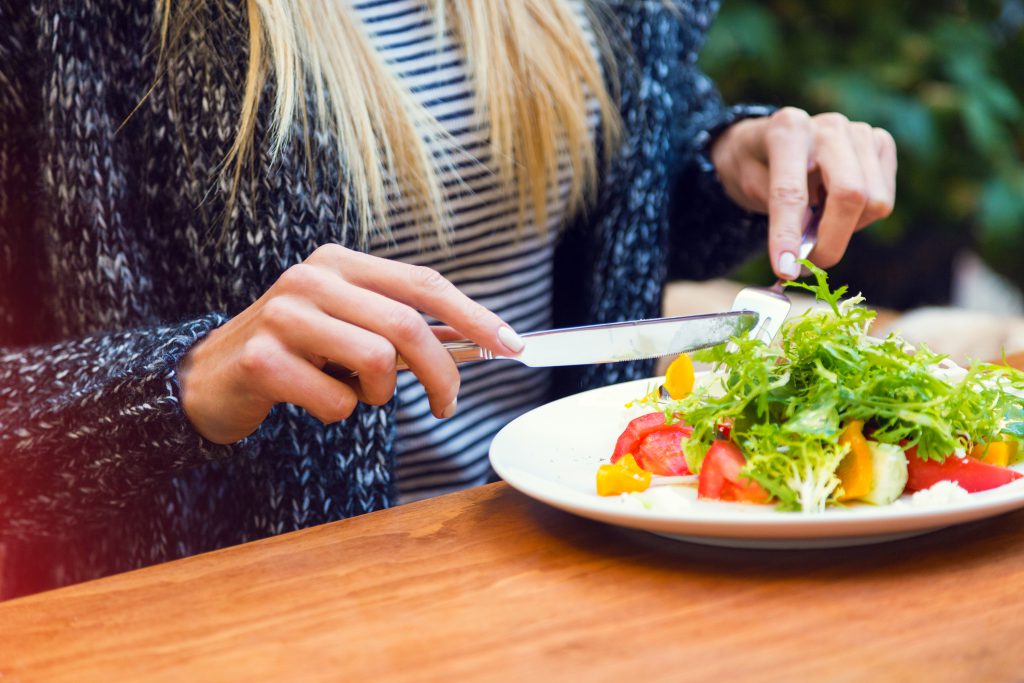
Reduce your alcohol intake
While drinking alcohol may seem to help you relax in the short term, it can actually worsen anxiety symptoms in the long term. Alcohol is a central nervous system depressant, so it can make anxiety symptoms worse.
If you drink alcohol, make sure to do so in moderation. For men, this means no more than 2 drinks per day, and for women, no more than 1 drink per day.
Get professional help
If you’re struggling to cope with your anxiety on your own, don’t hesitate to seek professional help. A therapist can teach you effective coping strategies and help you to understand and manage your anxiety.
Don’t let anxiety take over your life. With some effort and commitment, you can overcome anxiety and live a happy and healthy life. Anxiety is a normal emotion that we all experience from time to time. However, when anxiety starts to interfere with our daily lives, it becomes a problem.
Fortunately, there are many things that we can do to reduce our anxiety levels. By following the tips above, you can learn how to defeat anxiety naturally. For more lifestyle resources, visit our blog.

